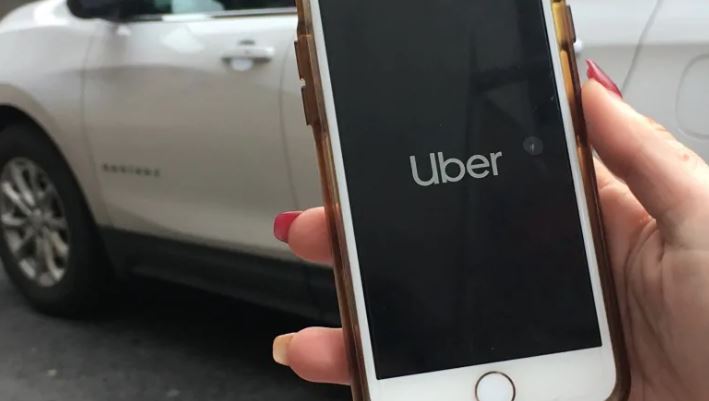
UBER is preparing to ride into British Columbia.
The ride-hailing giant says it will apply to the B.C. Passenger Operation Transportation Board which begins accepting applications next Tuesday, September 3.
“Vancouver, we’re now one step closer to a ridesharing reality,” reads a message from UBER Canada posted to social media on Wednesday morning.
“We’re optimistic that Uber will be here for the busy holiday season,” Michael van Hemmen, Uber’s head of Western Canada, said in a release.
The company said it remains interested in operating across B.C., but says the province’s proposed regulations aren’t conducive to operating in smaller municipalities.
Earlier this summer, the company said it would not operate outside Metro Vancouver if it can’t get enough qualified drivers with a commercial licence in keeping with ride-hailing regulations set by the B.C. government.
Rival ride-hailing company Lyft also says it plans to be operating in Vancouver before the end of this year, but it remains concerned about expanding beyond the Lower Mainland.
The province has said ride-hailing drivers must have a Class 4 licence, like those held by taxi drivers, as opposed to the standard Class 5 licence held by most motorists in the province.
The company already operates in Ontario, Saskatchewan, Quebec and Alberta, the latter province also requires a commercial licence for ride-hailing drivers, as does New York City, the only jurisdiction in the United States with that regulation.
On August 19, The province unveiled policies that will allow companies such as Uber and Lyft to operate a limitless number of vehicles beyond geographical boundaries that are in place for the taxi industry.
Chair Catherine Read of the Passenger Transportation Board says the boundaries must be big enough for the ride-hailing model to be successful in a province that will require drivers to have commercial licences similar to those used by taxi drivers.
She says the companies must charge a minimum “floor rate” of between $3.25 and $3.95, similar to rates paid by passengers using taxis.
However, Read says the board will allow the companies to increase the rate in order to expand their supply of drivers to meet passenger demand at peak times.
She says ride-hailing services will also be permitted to apply for as many operating areas as they wish by paying only one licence fee.
with files from Canadian Press and CBC



